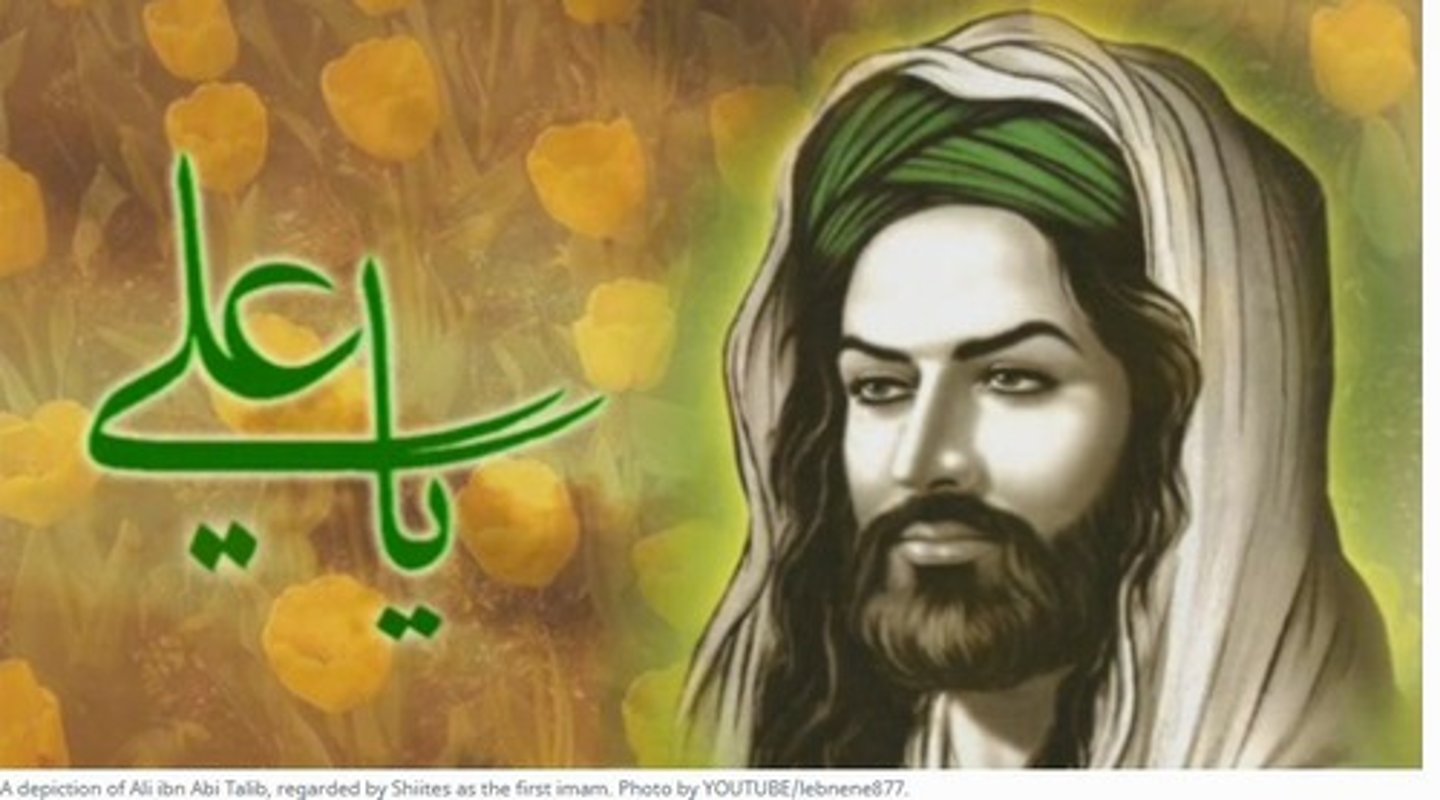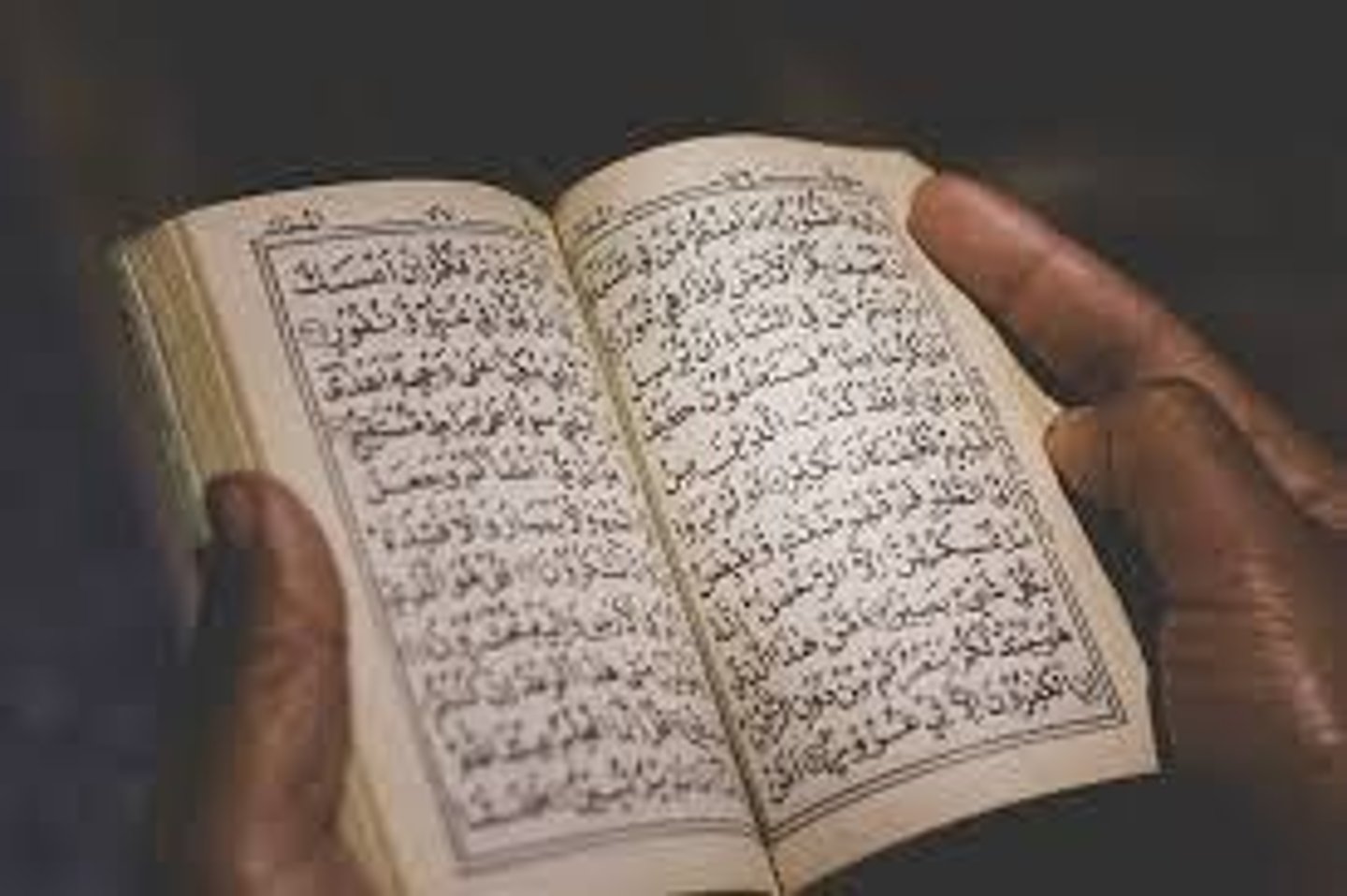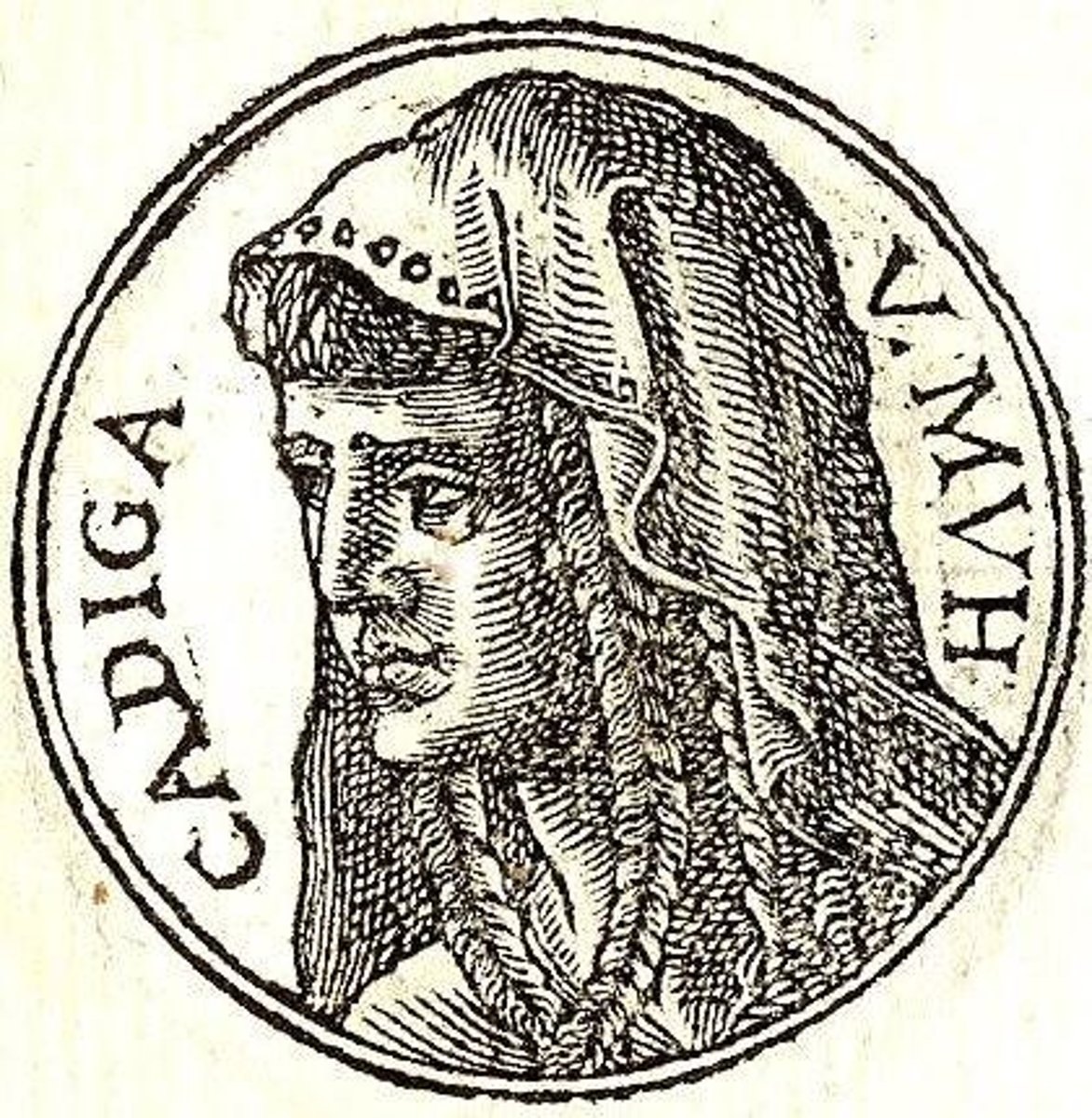The Early Islamic Caliphates and Their Key Figures
1/130
There's no tags or description
Looks like no tags are added yet.
Name | Mastery | Learn | Test | Matching | Spaced | Call with Kai |
|---|
No analytics yet
Send a link to your students to track their progress
131 Terms
Rightly Guided Caliphs
First four caliphs after Muhammad's death.
Abu Bakr as Sadiq
First caliph, ruled 632-634 C.E.
Riddah Wars
Wars to consolidate Arabia under Islam.
Umar ibn al-Khattab
Second caliph, ruled 634-644 C.E.
Uthman ibn Abu Afan
Third caliph, ruled 644-656 C.E.
Ali ibn Abi Taleb
Fourth caliph, ruled 656-661 C.E.

Shura
Consultation process for selecting a caliph.
Ulama
Class of religious scholars in Islam.
As-Siddiq
Nickname for Abu Bakr, meaning 'the faithful one'.
Caliphate
Political-religious leadership position in Islam.
Conquest of Sham
Muslims entered Syria, Palestine, Lebanon, Iraq.
Conquest of Egypt
Muslims defeated Byzantine army in 641.

Abu Bakr's Conversion
Fourth convert to Islam, freed slaves.
Muhammad's Illness
Abu Bakr led prayers during Muhammad's illness.
Islamic Liberation
Muslims viewed conquests as liberating oppressed peoples.
Abu Bakr's Leadership
Elected after Muhammad's death, respected follower.
Umar's Expansion
Expanded Islamic territory into new regions.
Historical Source
Lapidus' 'A History of Islamic Societies'.
Atlas of the World's Religions
Source for the spread of Islam.
Abu Bakr's Role
Accompanied Muhammad during flight from Mecca.
Caliph's Secular Nature
Position evolved into a political leadership role.
Umar ibn al-Khattab
Second caliph of Islam, ruled 634-644.
Hafsah bint Umar
Daughter of Umar, wife of Muhammad, hadith narrator.
Caliphate
Islamic state led by a caliph.
Hadith
Recorded sayings and actions of Muhammad.
Pact of Umar
Defines rights of non-Muslims in Islamic states.
Uthman ibn Affan
Third caliph, standardized the Quran.
Yarmouk River
Site of decisive Muslim victory over Byzantines in 636.
Battle of Qadisiyah
Muslim victory over Persians in 637.
al-Aqsa Mosque
Islam's third holiest site, construction began in 638.
Diwan
Register of warriors' pensions established by Umar.
Islamic Hijri Calendar
Lunar calendar initiated by Umar.
Qadi
Judicial office created by Umar for justice.
Abu Bakr
First caliph after Muhammad, accepted by Umar.
Abu Lu'lu'ah
Assassin of Umar, a Persian Christian slave.
Uthman's Clan
Umayyad clan, influential in early Islamic politics.
Shura
Consultation process for selecting the caliph.
Misogynistic Tendencies
Umar's noted attitudes towards women.
Conquest of Egypt
Initiated by Umar, expanded Islamic territory.
Medina
City where Muhammad established the first Muslim community.
Byzantine Forces
Opponents defeated by Muslims in southern Syria.
Nepotism
Uthman's favoritism towards his family in leadership.
Islamic World Power
Transformation of Islamic state under Umar's leadership.
Uthman's Reign
Period marked by significant Islamic expansion and conflict.
Quran Collection
Standardization of Quran initiated during Uthman's rule.
Khalifat Allah
Title meaning 'deputy of God' used by Uthman.
Nepotism
Favoritism shown by Uthman towards family in governance.
Naval Warfare
Muslims began engaging in naval battles around 645.
Tripolitania
Province of Libya conquered by Muslims in 647.
Persepolis
Capital of Persia taken by Muslims between 649-650.
Sicily Pillage
Muslims looted Sicily in 652 during Uthman's reign.
Hashim Clan
Opponents of Uthman, part of the broader dissent.
Ansar
Medinan supporters opposing Uthman's governance.
Ali ibn Abi Talib
Fourth Caliph and key figure in Shi'a Islam.
Fitnah
Civil war among Muslims, notably during Ali's rule.
Khawarij
Radical group rejecting authority of Ali and Mu'awiyah.
Aisha
Widow of Muhammad who led rebellion against Ali.
Muhammad ibn Jarir al-Tabari
Historian known for 'History of Prophets and Kings'.
Quran Qurra'
Readers who memorized the Quran during Muhammad's life.
Quranic Exegesis
Interpretation and analysis of the Quran's meanings.
Uthman's Death
Killed by rebels from Egypt in 656.
Kufah
City in Iraq where Ali based his caliphate.
Fatima
Daughter of Muhammad and wife of Ali.
Children of Ali
Zaynab, Hasan, and Husayn, notable figures in Islam.
Arbitration
Process agreed upon by Ali to resolve conflict with Mu'awiyah.
Kharijite
Sect that opposed Ali's leadership in Islam.
Battle of Karbala
680 C.E. conflict; pivotal for Shi'a identity.
Ansar
Medinan supporters of Muhammad and Ali.
Banu Hashim
Clan of Hashim; Muhammad's family lineage.
Ummah
Global community of Muslims united in faith.
Quran
Islam's holy book, believed to be divine revelation.
Hadith
Recorded sayings and actions of Prophet Muhammad.
Imam Hussein
Grandson of Muhammad; martyr at Karbala.
Caliph
Successor to Muhammad as leader of Muslims.
Fatimah
Daughter of Muhammad; married to Ali.
Aisha
Wife of Muhammad; daughter of Abu Bakr.
Umar
Second caliph; significant figure in early Islam.
Tawhid
Concept of monotheism; oneness of God in Islam.
Gabriel
Archangel who revealed Quran to Muhammad.
Hijaz
Region in northwestern Arabian Peninsula; Muhammad's birthplace.
Khadija
First wife of Muhammad; supported his mission.

Abu Talib
Muhammad's uncle; raised him after his parents died.
Sebeos
7th-century Armenian historian; early source on Muhammad.
Ramadan
Month of fasting; commemorates Quran's revelation.
Visual Depictions of Muhammad
Discouraged to prevent worship; maintain monotheism.
Shi'a Imams
Twelve leaders in Shi'a Islam, descendants of Ali.
Muhammad's Childhood
Orphaned early; raised by grandfather and uncle.
Khadija
First wife of Prophet Muhammad, successful merchant.
Hijra
Migration from Mecca to Medina in 622 CE.
Ummah
Islamic community with a self-conscious identity.
Conquest of Mecca
Bloodless entry into Mecca by Muhammad in 630 CE.
Ali
Cousin of Muhammad, Shia successor candidate.
Abu Bakr
First Caliph chosen after Muhammad's death.
Sunni Islam
Branch believing in elected leadership succession.
Shia Islam
Branch believing in bloodline succession.
Five Pillars
Fundamental acts of worship in Sunni Islam.
The Quran
Holy book of Islam, revealed to Muhammad.
Surahs
Chapters of the Quran, 114 in total.
Sharia
Islamic law derived from Quran and Hadith.
Gabriel
Angel who revealed the Quran to Muhammad.